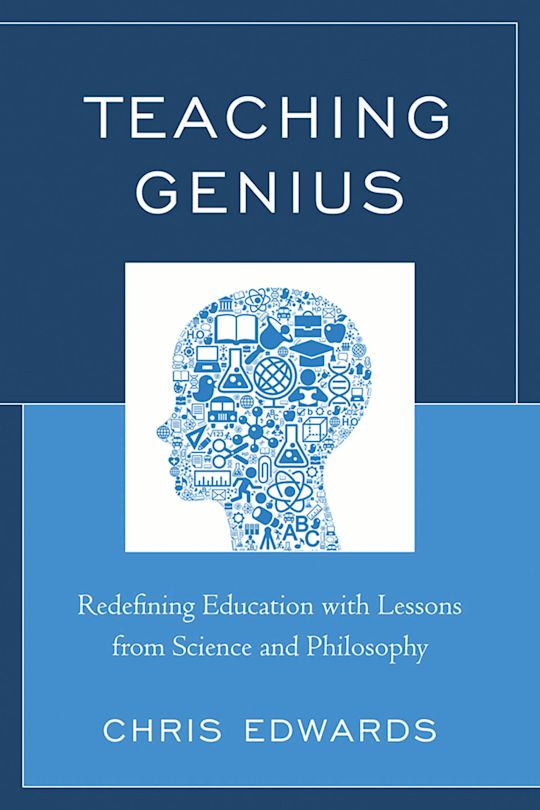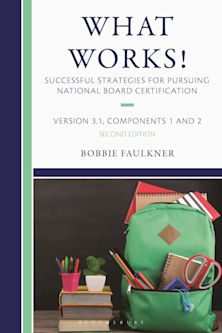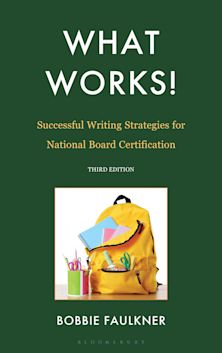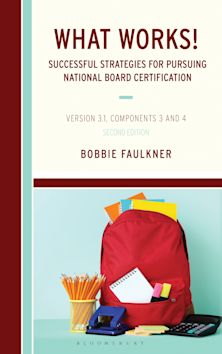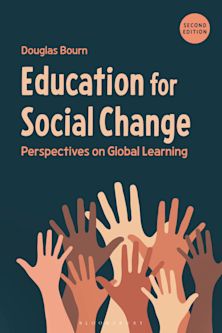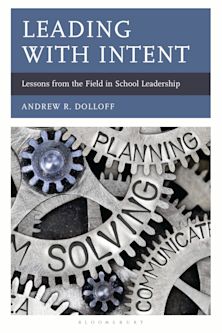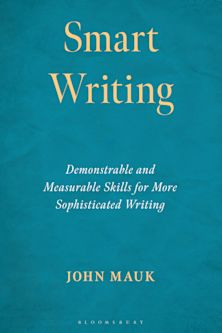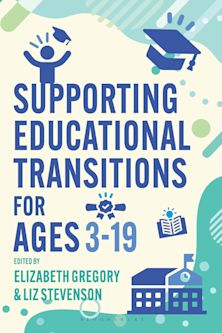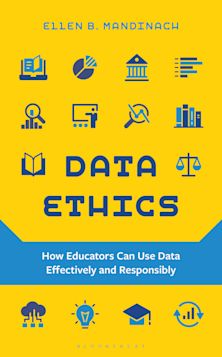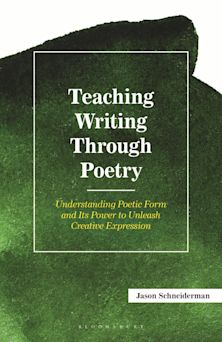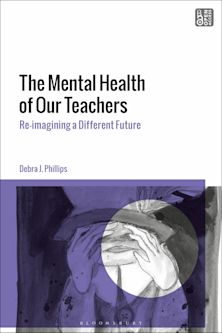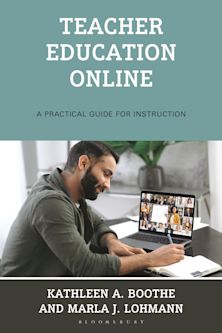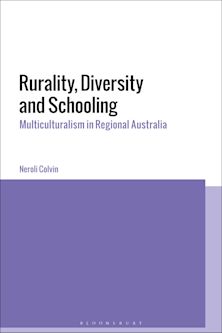- Home
- ACADEMIC
- Education
- Teacher Education
- Teaching Genius
Teaching Genius
Redefining Education with Lessons from Science and Philosophy
Teaching Genius
Redefining Education with Lessons from Science and Philosophy
You must sign in to add this item to your wishlist. Please sign in or create an account
Description
The history and philosophy of science provide a deep well of lessons and analogies for educators. Historically, geniuses are produced by certain recurring historical patterns which, once understood, can be synthesized into practical curricular and professional development guides for teachers and administrators. Drawing on history, philosophy, theoretical physics, neuroscience, and the best scholarship on teacher practice, Teaching Genius: Redefining Education with Lessons from Science and Philosophy presents a new vision for educational reform, one which is shaped by teachers and framed by history. Written by a classroom teacher, Teaching Genius is philosophical and practical, deeply rooted, and immediately applicable. Teachers and administrators looking to invigorate their classroom practices or their staffs will find this book to be indispensable.
To learn more about Teaching Genius, and other works by Chris Edwards, visit the website at www.teachinggeniusrowman.org.
Table of Contents
Acknowledgments
Part I: Lessons for Education from the History and Philosophy of Science
Preface: Getting Behind the Door
Chapter 1: Defining Teaching as a Field
Chapter 2: Content Area Professional Development
Chapter 3: Educating Consilience: Lessons from the History and Philosophy of Science
Chapter 4: Neuroscience and Consilience
Chapter 5: Applications for Principals and Education Professors
Chapter 6: Applications for Mathematics and the Sciences
Part II: Connecting the Dots: Practical Application
Appendix
Lesson 1: Humanity Off and Running
Lesson 2: Assessment for Historical Pattern Recognition
Lesson 3: Historical Paradigm Shift
Lesson 4: Caffeine and Connections: A Tempest in a Coffeepot
Lesson 5: Applications of Insights to an Historical Narrative
Conclusion
Product details
| Published | 30 Jul 2012 |
|---|---|
| Format | Ebook (Epub & Mobi) |
| Edition | 1st |
| Extent | 140 |
| ISBN | 9781610488174 |
| Imprint | R&L Education |
| Publisher | Bloomsbury Publishing |
About the contributors
Reviews
-
In his book Teaching Genius: Redefining Education with Lessons from Science and Philosophy, Chris Edwards contends that '[teachers] should not be viewed as individuals who adopt systems, but as professionals who are invited to shape and advance their field.' This is a radical shift away from top-down reform efforts that place teachers in passive roles. Edwards directs teachers to deepen their content knowledge and experiment with different methodologies then publish their successes, much like university professors do. Edwards’ book places teachers back where they should be in the school-reform movement: empowered problem solvers working to do what is best to improve student learning.
Jeff Halstead
-
Edwards is right on the mark as he surmises the individual classroom teacher as the most important school-based factor for affecting student performance. Teaching Genius not only lays the groundwork for needed practitioner-based educational reform, but provides real-world examples of how to do it.
Robert Pelton Ed.D, professor, professional development school network facilitator, School of Education, Stevenson University, Maryland
-
Mr. Edwards’s fascinating book should be required reading for all teachers of history and social studies. His examples reveal how critical connections are to learning and how teachers can pull from a depth of understanding of their content areas to support students’ valuable work in making those connections. Teachers in other disciplines would find Part I important to their teaching, as well; defining teaching as a field and understanding how people learn are vital for any educator who hopes to make a difference with his/her teaching. An added benefit of reading Teaching Genius is the history itself, and I found myself with a renewed interest in the field due to how well he 'connected the dots.' Most importantly, Mr. Edwards celebrates with this book the joy of doing academic work, creating critical thinkers, and discovering connections between disciplines. It is just what teaching should be.
Donna Stephenson, licensing advisor, School of Education, University of Indianapolis
-
The most important lesson being that teachers should embrace the philosophy that teaching is a field where educators synthesize specific forms of content with pedagogy, and publish their successes, in order to advance and shape practice from the classroom out. This practitioner-in-a-field model is central to sciences, and is the same philosophy that allowed for the advancements in tumor treatment techniques which saved his son.
Gifts that Give
-
While much attention is given to what should be taught in schools and how material should be taught, all too often both do not take place. Edwards has produced a work that attempts to redefine teaching as well as explore the ways that such definitions may be promulgated. The first section of the book examines lessons from the history and philosophy of science and is divided into six chapters that explore defining "teaching," professional development in content areas, neuroscience and consilience, and applications for education faculty and administrators as well as for practitioners from other disciplines. The second section explores ways that the concepts examined in the first six chapters might actually be realized in the classroom. The areas explored in these final five chapters include human migration, historical pattern recognition, historical paradigm shifts, how coffee plays a role in global trade, and applications of insights to historical narratives. The book provides a practical version of concepts first introduced by Jerome S. Bruner in Man: A Course of Study (MACOS). Summing Up: Recommended. General readers, undergraduate students, and professionals.
Choice Reviews









